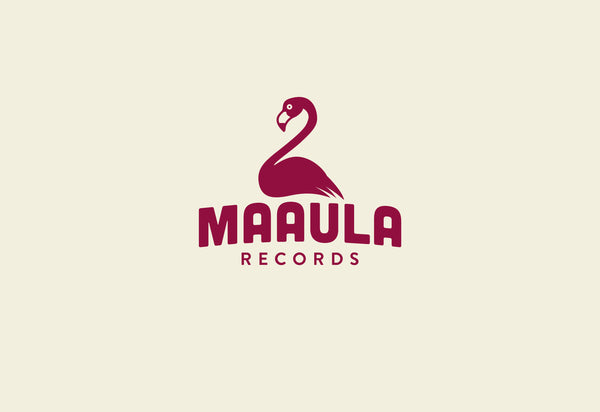Today, we're going to dive into a topic that's as exciting as it is crucial for music creators: sample copyright. ✨
What is Copyright? 🤔
First of all, let's clarify what copyright is. Basically, it's the legal protection that allows artists to control and compensate for the use of their music. If someone uses a song without permission, it's a bit like stealing candy from the jar without asking! 🍬🚫
A sample is taking an extract from an already existing recorded piece (see article...).
But on this piece, there are quite a few protected things:
1️⃣The moral rights of the songwriter:
Songwriters can simply object to the use of their music because the new form doesn't suit them. Example: Apple objecting to Kanye West using a sample of her music because she believes his political views are not in line with her values. Too bad, Kanye 🤡
2️⃣ Copyrights:
Let's say you're not Kanye and Apple says okay. His music is protected by copyright, and every use of it requires compensation. Even if it's just a small amount. And often, there's also a publisher, responsible for managing these rights, and SACEM (French Monetary and Commercial Code) keeping an eye on things. 👮🏻♂️
3️⃣ Neighboring rights
Since this is recorded music, it's not just the songwriters, it's also the producer and the performers. They too are paid, but only when they use the "recorded" version. But in the case of a sample, it's the recorded version, not just the lyrics and/or the composition. So they'll want their piece of the pie too 🍰
So: you have to clear the sample.
What is a clear sample? 💰
Imagine you've created a great track using a sample from an iconic song. You've spent hours perfecting your sound, and then, BOOM! You realize you might be infringing on copyright. Not cool, huh? 😬
Clearly, in English here it means "authorize." Obtaining permission to use a sample is essential for several reasons:
1. Avoid lawsuits: The last thing you want is a lawyer's letter coming in with threats. No thanks!
2. Earn money:
If you want to protect your entire song and obtain copyright yourself, you must first obtain permission for anything that does not come from you.
How to recover these Copyrights? 🛠️
Here are some steps to clear a sample:
1. Identify the Owner: Research who owns the rights to the original song. This could be the artist, the label, a publisher, a copyright management company, or all of the above. It's like a treasure hunt! 🕵️♂️💎
2. Ask for Permission: Once you've found the owner(s), it's time to contact them. Write a short, polite message explaining your project and why you'd like to use their sample. Be charming, a little sweetness never hurts! 💌😊
3. Negotiate Terms: If the owner(s) agree, discuss the terms. This may include an upfront fee or a split of royalties or rights. 💼
4. Get Everything in Writing: Once you have an agreement, make sure you have it in writing. An official document is your best friend here, as it serves as proof in case of any misunderstandings. 📄✍️
Risks to Avoid 🚫
Be careful, friends! Here are some pitfalls to avoid:
- Use Without Asking: Never, ever use a sample without permission. It's a surefire way to get into trouble (hello Kanye)
- Ignore the Clauses: Read the terms of your agreement carefully. Sometimes there are hidden clauses that could play tricks on you.
In Conclusion 🎉
Obtaining the rights to use a sample (clear) can seem like a real headache, but with a little patience and determination, it's totally doable! Think of it as an adventure where you protect your precious musical treasure while respecting the work of others. And who knows, maybe this collaboration could lead to great opportunities! 🌟🎧
So, remember: music is better when everyone plays by the rules! 🥳🎶
